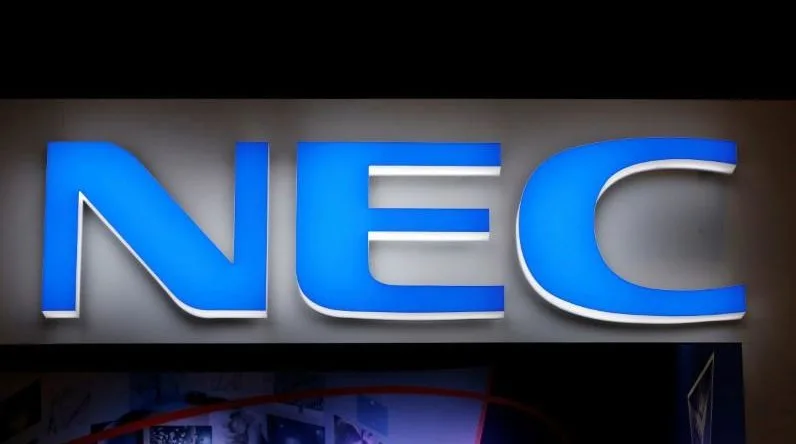Japan’s NEC received several buyout offers from global private equity funds before deciding to sell a significant portion of its 51 per cent stake in Japan Aviation Electronics Industry (JAE) back to the company at a discount, Reuters reported on Wednesday.
At least three global funds expressed their willingness to pay substantial premiums to acquire the electronics component manufacturer by making offers to both NEC and JAE, Reuters reported citing NEC sources,
The unreported offers could expose NEC and JAE to criticism for possibly not acting in shareholders’ best interests, according to governance experts.
Regulators and the Tokyo Stock Exchange are urging Japan Inc. to enhance governance and boost returns. This includes eliminating cross-shareholdings and “parent-child” listings, where companies maintain listed subsidiaries, a practice critics deem unfair to minority shareholders.
This regulatory push has driven Japanese stocks to their highest levels in years, but governance experts believe there’s still more work to do.
Kazunori Suzuki from Waseda Business School suggested that if higher offers did exist, the deal would only please JAE management, saying that while companies like NEC aren’t obligated to disclose discussions about alternative offers when tendering shares, they could still face investor backlash at the board level or in court.
JAE, a manufacturer of iPhone connectors, began the year with a market capitalisation of 290 billion yen ($1.94 billion) but experienced a sharp decline after the announcement of its discounted tender offer.
Following Reuters’ report on the buyout offers, JAE’s shares saw a 14.7 per cent increase on Wednesday, while NEC’s shares rose by 0.6 per cent.
On Jan. 29, NEC announced its plan to sell approximately half of its JAE stake back to the company through a tender offer priced at 2,605 yen, a 14 per cent discount to JAE’s last closing price.
This kind of discount is typical when companies dissolve cross-shareholdings, enabling them to tender shares without competition from other sellers.
Three sources revealed that the highest offer for JAE shares was around 4,000 yen per share, valuing JAE at approximately 369.2 billion yen ($2.5 billion), a 54 per cent premium to the buyback tender offer price.
At least one private equity proposal, which likely met the bona fide offer standard under new takeover guidelines, included specific price and post-buyout strategies that recommend boards seriously consider such offers. However, it remains unclear whether NEC and JAE’s boards discussed these proposals.
Since the Jan. 29 tender offer announcement, JAE shares have dropped nearly 20 per cent, resulting in a market value loss of almost $350 million. This decline dashed hopes for a company buyout.
An executive from a private equity firm mentioned widespread speculation about NEC’s potential sale of JAE to eliminate the parent-child dual listing structure.
Electronics conglomerates like Hitachi have been selling off their listed subsidiaries, sometimes to private equity firms.
Suzuki suggested that corporate control changes might require more disclosure rules, noting that NEC shareholders missed an opportunity for profit from a higher bid, while JAE shareholders experienced a drop in their share value.
